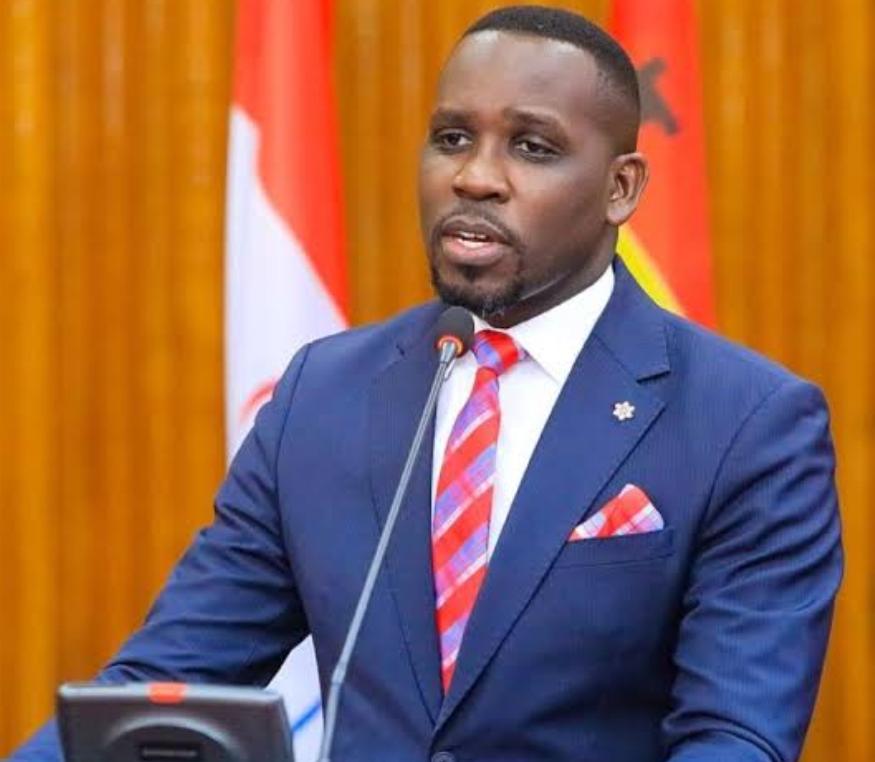The Uganda Parliamentary Press Association (UPPA) commemorated World Press Freedom Day 2025 with a high-level dialogue held at Parliament on May 2, ahead of the global celebration set for May 3.
Themed “Exploring the Challenges, Opportunities, and the Future of Media Freedom in Uganda’s Democratic Process,” the dialogue focused on the vital role of the media in sustaining democracy and emphasized the urgent need for reforms to safeguard press freedom in Uganda, particularly as the country approaches the 2026 general elections.
The event brought together Members of Parliament, media practitioners, civil society leaders, and other key stakeholders who engaged in open and candid discussions on the state of press freedom in Uganda, collectively calling for prompt reforms to strengthen the media’s independence and safety.
Leader of the Opposition Joel Ssenyonyi gave a sobering overview of the media landscape in Uganda, describing it as increasingly vulnerable due to financial instability and political interference. He underscored the fact that a strong democracy is impossible without a free and independent press.
“The media in Uganda is under siege. Democracy cannot exist in the dark. It needs scrutiny, transparency, and public involvement,” Ssenyonyi declared.
He also criticized the exploitative practices by some media houses that send journalists to remote areas without sufficient support or pay.
“You send journalists to distant areas with no lunch, no pay for months; how do you expect them to deliver?” he challenged.
UPPA President Enoch Matovu echoed the urgent need to provide practical support for journalists across Uganda. He emphasized the importance of affordable digital access and improved safety measures to enable journalists to work effectively and without fear.
“Internet is a lifeline for our work, yet it remains expensive. Reducing this cost will empower journalists to serve the public better,” Matovu stated.
He further stressed the necessity of constructive engagement with government and security agencies to prevent attacks on journalists, referencing the violent incident during the Kawempe by-elections.
“We must ensure such incidents like the disaster in Kawempe by-elections never happen again,” Matovu warned.
Charity Ahimbisibwe, representing the Citizens’ Coalition for Electoral Democracy in Uganda (CCEDU), voiced concerns over the growing trend of journalist intimidation, especially during election periods.
“Elections are not supposed to be war. When violence occurs, the integrity of the entire process is compromised,” she said.
Ahimbisibwe also criticized the practice of summoning journalists to ideological training sessions at Kyankwanzi instead of focusing on their professional development in journalism institutions.
“Instead of summoning journalists to Kyankwanzi, UCC should visit journalism schools to understand how professionals are trained,” she argued.
Meanwhile, Julius Mucunguzi, spokesperson for the Electoral Commission, emphasized the essential role of the media in ensuring transparent and credible elections in Uganda.
“A credible election requires a free and independent media. Without it, we can’t uphold the principles of participation and fairness,” Mucunguzi affirmed, adding that the media is indispensable in guaranteeing transparency throughout the electoral process.
The dialogue served as a platform for reflection, engagement, and the reinforcement of press freedom as a cornerstone of democracy in Uganda.




